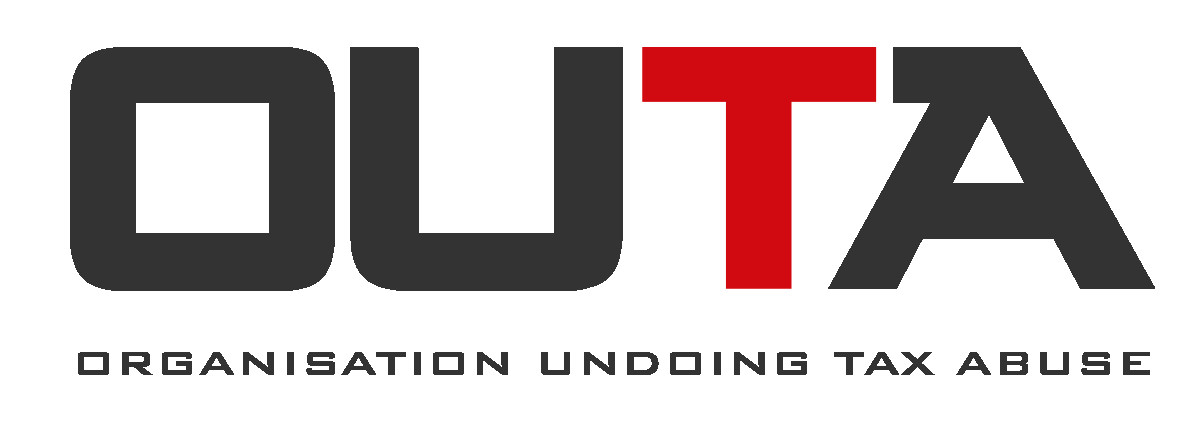Investigations input: International Whistleblowers Day
Local papers are plagued by cases of corruption that go well beyond the imaginations of the best Hollywood script writers. From assassinations to multi-billion rand deals that span continents, one could only hope that soon these almost daily scenarios will become stories of the past. Most of us get caught up in the headlines, and the expose’s, but what is often left out is the story of the whistleblower. The person who puts their life on the line for the truth.
Government enforcement bodies have systematically been stymied, which has resulted in the public having little faith in them hearing, addressing and or resolving complaints. Various civil organisations have sprouted up to address this vacuum that has been created. Organisations such as OUTA (Organisation Undoing Tax Abuse) are plugging the gap and challenging the abuse of authority with regards to tax payer’s money in South Africa and the corruption that benefits a few.
Where does this leave the whistleblower? Even though the law allows for the protection of disclosures under certain circumstances, civil society is seeing a marked increase in members of the public reporting wrongdoing to them instead of to statutory bodies. That being said, the NDP 2030 sights that individuals prepared to blow the whistle has dropped by over 10%. Also, the scope of protection offered to whistleblowers is too narrow as it is only limited to “occupational detriment”.
The importance of whistleblowers in the current South African environment cannot be overemphasised. Past, currently running, or being planned, corrupt schemes can be uncovered and stopped should potential whistleblowers working in the following areas come forward:
1. State departments at national, provincial and local government levels.
2. Individuals working in the SOE’s from head office level down to service delivery or client contact level.
3. Company secretaries, board members who have, for instance, resigned because they couldn’t reconcile their conscience with the decisions made at these boards beyond merely protecting their own status.
4. Individuals employed by consulting firms who recognise the thwarting of public funds and policy.
5. Law enforcement and public oversight bodies personnel who are limited via maladministration to investigate and bring perpetrators to book.
The crux of the matter is that all our oversight bodies and mechanisms for disclosures exist. They are ensconced in an array of acts, including:
1. Constitution of the Republic of South Africa, Act 108 of 1996
2. Companies Act No. 71 of 2008
3. The Prevention of and Combatting of Corrupt Activities Act 12 of 2004.
4. Protection from Harassment Act 17 of 2011.
5. Witness Protection Act 112 of 1998.
6. The Promotion and Access to Information Act 2 of 2000
7. Promotion of Administrative Justice Act, 3 of 2000
8. Protected Disclosures Act 26 of 2000.
We have guidelines on corporate governance, codes of conduct and value statements. We have signed off annual statements in high gloss publications. Yet, we have seen corruption flourish. Why?
There is at this time, ultimately and unfortunately, an imbalance insofar as the powers and protection vested in a company or government department and its decisionmakers versus that of the individual, whether it be the employee or a citizen. Those powers lie in financial abilities, access to legal representation, and repercussions associated with the whistleblower's actions versus that of management or a board who will do everything in their power to muzzle a whistleblower.
The multitude of commissions we are currently seeing is an important platform from which whistleblowers can come forward as some may feel there greater protection on a public stage. Very few governments and or company public officers will go after whistleblowers who have made disclosures on those stages. What we are seeing is some of these unscrupulous and implicated individuals starting to resign their positions.
We must take note that South Africa would not be where it is today had it not been for whistleblowers. We ultimately need to change our culture to not only protect them but to celebrate their courage. Create environments where whistleblowers are championed and not victimised, where perpetrators of crime and injustice know that there will be repercussions.
The fact of the matter is this, the fight against corruption will be far more difficult if we don’t encourage whistleblowers to come forward, find and apply measures and tools to protect them, their families as well as the information they provide. They are the true heroes in our society. They should be cherished and celebrated because they represent the good in us.
To access OUTA's whistleblowing platform click here.
